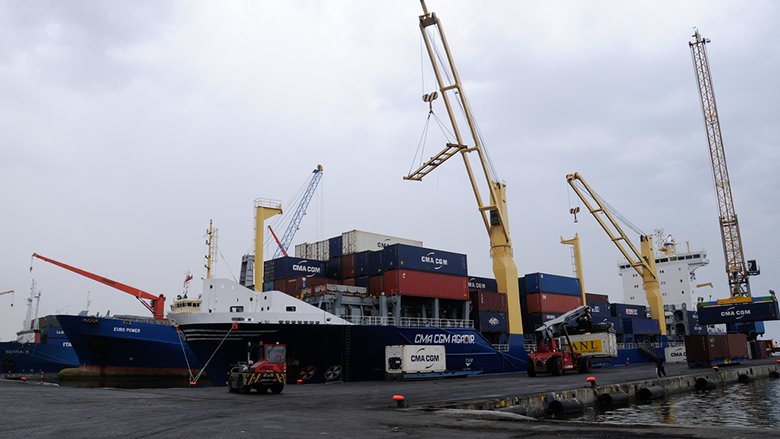Deep trade agreements are important institutional infrastructure for regional integration. They reduce trade costs and define many rules in which economies operate. If efficiently designed, they can improve policy cooperation across countries, thereby increasing international trade and investment, economic growth and social welfare. World Bank Group research finds that:
- Deep agreements boost trade, foreign investment and global value chain (GVC) participation more than shallow agreements. On average, deeper agreements increase goods trade by more than 35 percent, services trade by more than 15 percent, and GVC integration by more than 10 percent.
- Aspects of deep agreements are public goods. Certain provisions of these agreements benefit all trading partners, and have positive welfare effects through expanded trade and an improved policy environment. But their efficient design requires a balancing of interests between different members and between member and nonmember countries.
- Regional Trade Agreements (RTAs) are currently at the center of many policy debates and are likely to shape trade and economic relations in the coming years. Some of these discussions are about reversing or renegotiating current arrangements, as in the case of Brexit and the North American Free Trade Agreement. In many other cases, often involving developing countries, new trade agreements have been concluded or are being negotiated, including the Comprehensive and Progressive Agreement for a Trans-Pacific Partnership (CPTPP), the European Union�CMercosur trade agreement, the Regional Comprehensive Economic Partnership between the Association of Southeast Asian Nations (ASEAN) countries and six of their major trading partners, and the Continental Free Trade Area (CFTA) in Africa.
Working with partners such as the WTO and OECD, the World Bank Group informs and supports client countries that are seeking to sign or deepen regional trade agreements. Specifically, WBG work includes:
- Data and indicators �C on the content and depth of regional trade agreements.
- Analysis �C on the impact and efficient design of regional trade agreements.
- Advisory services �C inform the design of regional trade agreements, to strengthen capacity.
WBG research on regional trade agreements:
Maliszewska M, Z. Olekseyuk and I. Osorio-Rodarte, March 2018, . Washington, D.C. : World Bank Group.
Mattoo, A., A. Mulabdic, and M. Ruta. 2017. ��.�� Policy Research Working Paper Series 8206, World Bank, Washington, DC.
Mulabdic, A., A. Osnago, and M. Ruta. 2017. ��.�� In The Economics of UK-EU Relations, edited by Nauro F. Campos and Fabrizio Coricelli, 253�C282. Springer.
Osnago, A., N. Rocha, and M. Ruta. 2017. �� World Bank Economic Review 30 (Supplement): 119�C125.
Osnago, A., N. Rocha, and M. Ruta. forthcoming. ��.��&�Բ�����;Canadian Journal of Economics.
Ruta, M. 2017. ��.�� Policy Research Working Paper Series 8190. World Bank, Washington, DC.
Data
Dataset:




